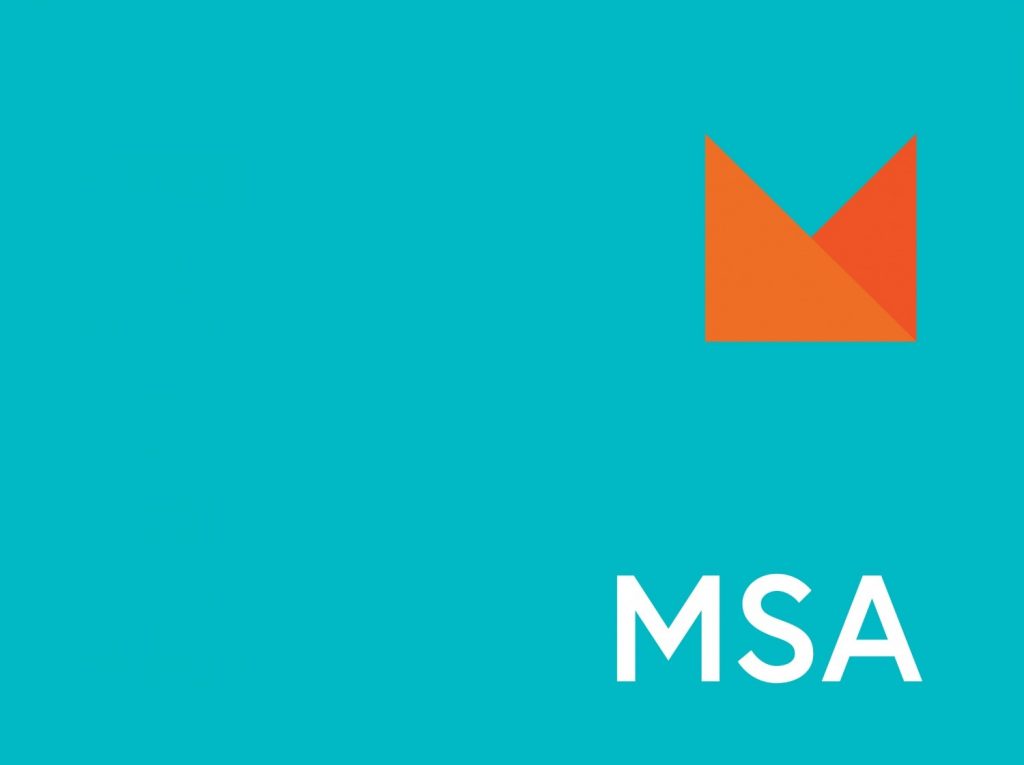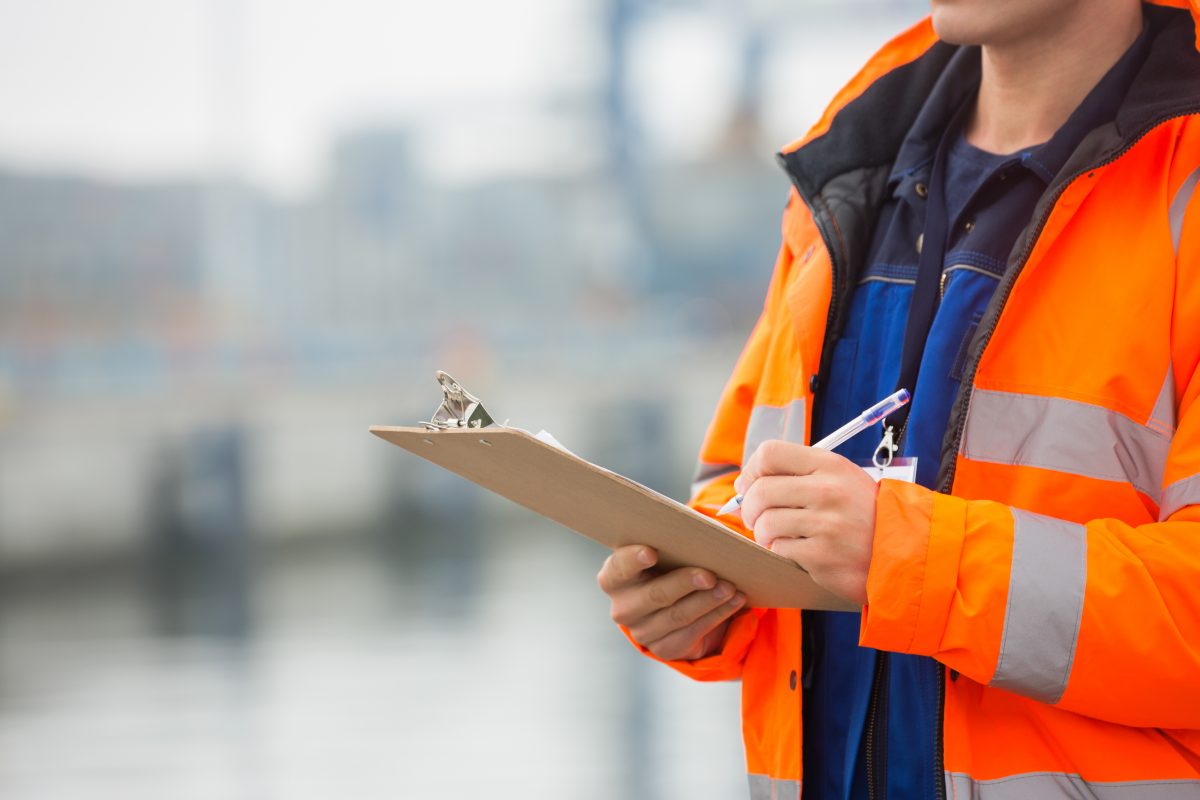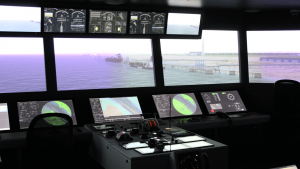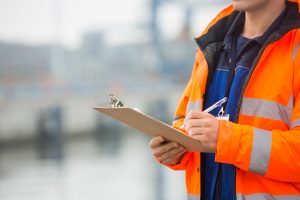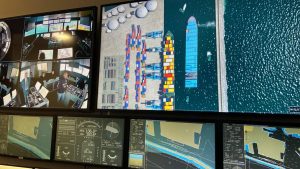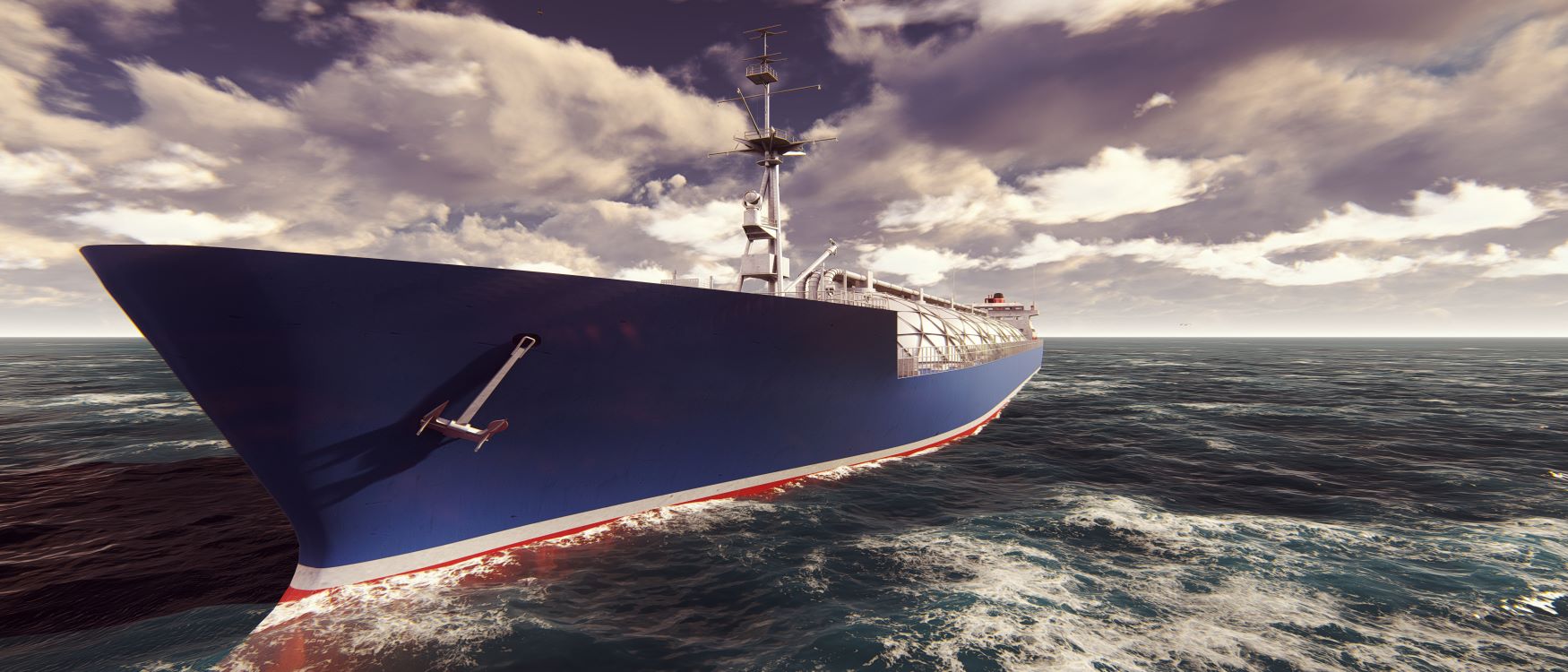Enclosed spaces are inherently dangerous and hazardous environments, even with proper training and leadership, with most oversights and casualties occurring during entry and extraction.
To prevent these incidents, the correct preparations prior to entry and extraction are essential. At the Maritime Skills Academy, our Entry into Enclosed Spaces course is the best solution for training your crew in planning and preparation, thereby minimising casualties and accidents.
Why is rescue planning important?
Statistically, over 60% of enclosed space casualties are crew members who have entered an enclosed space incorrectly in an attempt to rescue a peer. This is indicative of the importance of knowledge and training in equipment, team roles, communication and best practice. At the Maritime Skills Academy, we instruct crew on the necessary steps before entering enclosed spaces. This is exercised in a controlled, simulated scenario where delegates can enter an enclosed space, putting their training into practice and rescuing a casualty.
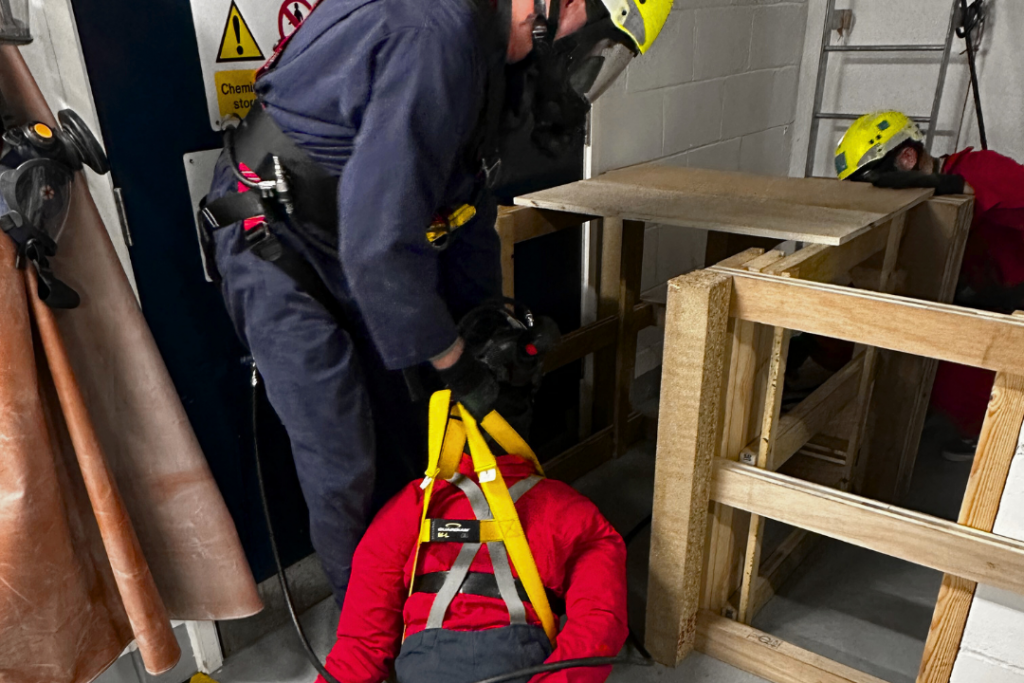
“During our last enclosed space drill, I was part of the standby team. The training helped me stay calm and follow procedures. I feel confident that if a real incident happened, we could respond safely and efficiently.” – Junior Safety Officer who attended MSA Dover Enclosed Space Training course.
What are the five most important elements of rescue planning?
Enclosed Space Risk Assessment Before Entry
As emphasized in STCW standards and MNTB guidance, every enclosed space entry must begin with a thorough evaluation of hazards. Identifying hazards before entering will reduce the risk of unexpected situations and create a clear plan that crew can follow.
Dedicated Standby Personnel
During enclosed space entry, it is important to have a standby team on hand, should an accident occur. This group should also be fully competent in their abilities.
As identified, the majority of enclosed space casualties result from attempted rescues. Consequently, having a trained team on standby means that more than one crew member will be available to assist with the extraction, leading to a higher survival rate.
Oxygen Resuscitators and Medical Equipment
It is an industry requirement for ships to be equipped with oxygen supplies, tanks, and breathing apparatus, as well as resuscitation equipment. Crew should be trained and confident of the use of which. Enclosed space entry can increase the risk of being exposed to hazardous gases, so standby teams will need to be prepared to handle resuscitation.
Rescue Equipment Familiarisation
During enclosed space entry, crew will be required to deploy lifelines, harnesses, and breathing apparatus. At our training centre in Kent, we simulate a realistic environment where crew can practice techniques and familiarise themselves with industry-standard equipment.
Clear Communication Protocols
Enclosed spaces can be dark, long, and winding, so standby teams will not be able to see what is happening inside. Using radio or wired communication will mean standby teams can evaluate the situation and guide the rescuer through the operation. Our training course allows delegates to practice clear radio communication and effective teamworking skills.
Drills and Training
In order for training to be efficient and beneficial, drills must be conducted under time constraints and with similar simulated conditions. Using the correct PPE, equipment, and procedures will ensure crew are as prepared as possible for an onboard emergency.
Officers and authorised personnel should be involved in the training to give instruction and allow crew to understand their leadership style. Recreating an emergency and completing training in full will prepare crew and give them the confidence to step up in unforeseen situations.
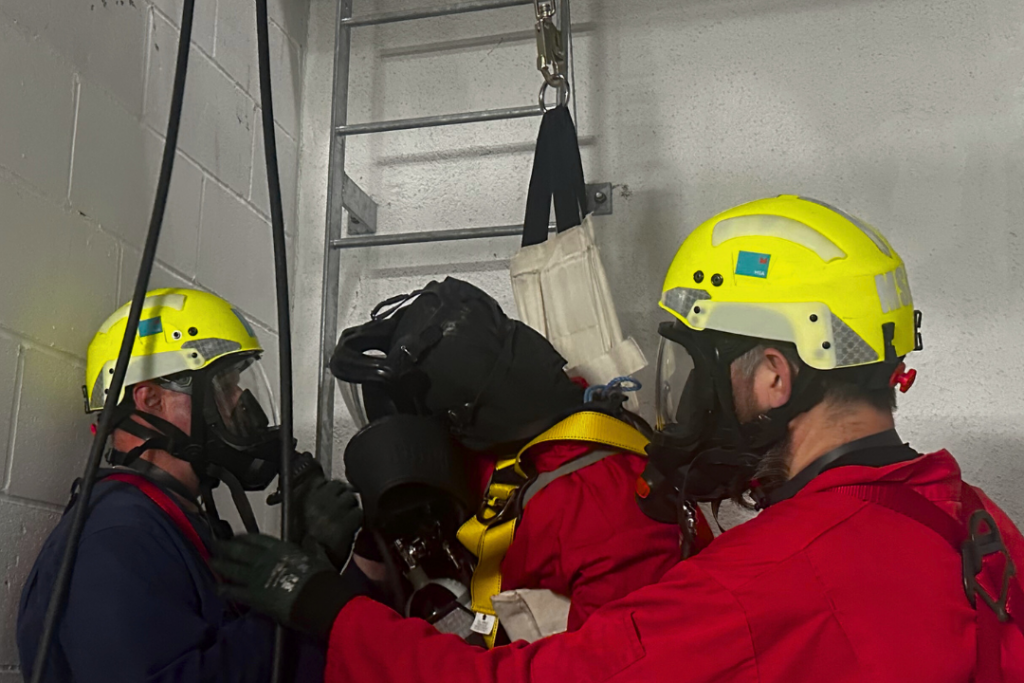
By adhering to international standards and following industry leadership, crew will be trained in how to respond to the unexpected while keeping themselves and their peers safe. A consistent and well-structured rescue plan alongside regular drills and training will help the maritime industry reduce the number of tragedies that can be attributed to enclosed space entry.
At the Maritime Skills Academy, our Enclosed Space Entry and Rescue Training courses are designed to equip safety officers, senior officers, and crew with the knowledge, confidence, and practical skills they need. We provide STCW and MNTB-recognised training that supports ship operators in meeting compliance requirements while building a stronger safety culture onboard.
Investing in proper training with the Maritime Skills Academy ensures crew are better prepared to prevent incidents and respond effectively when emergencies occur.
